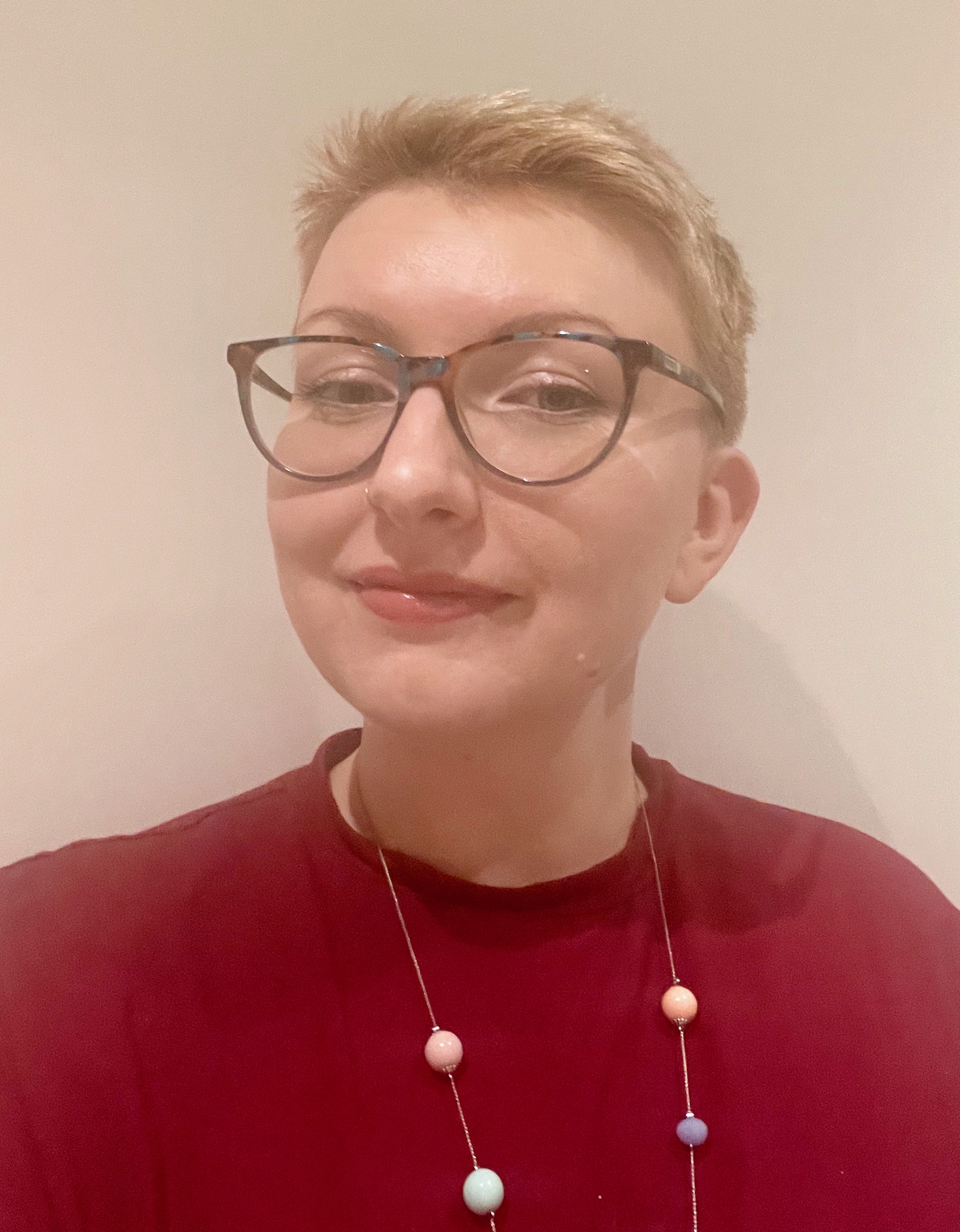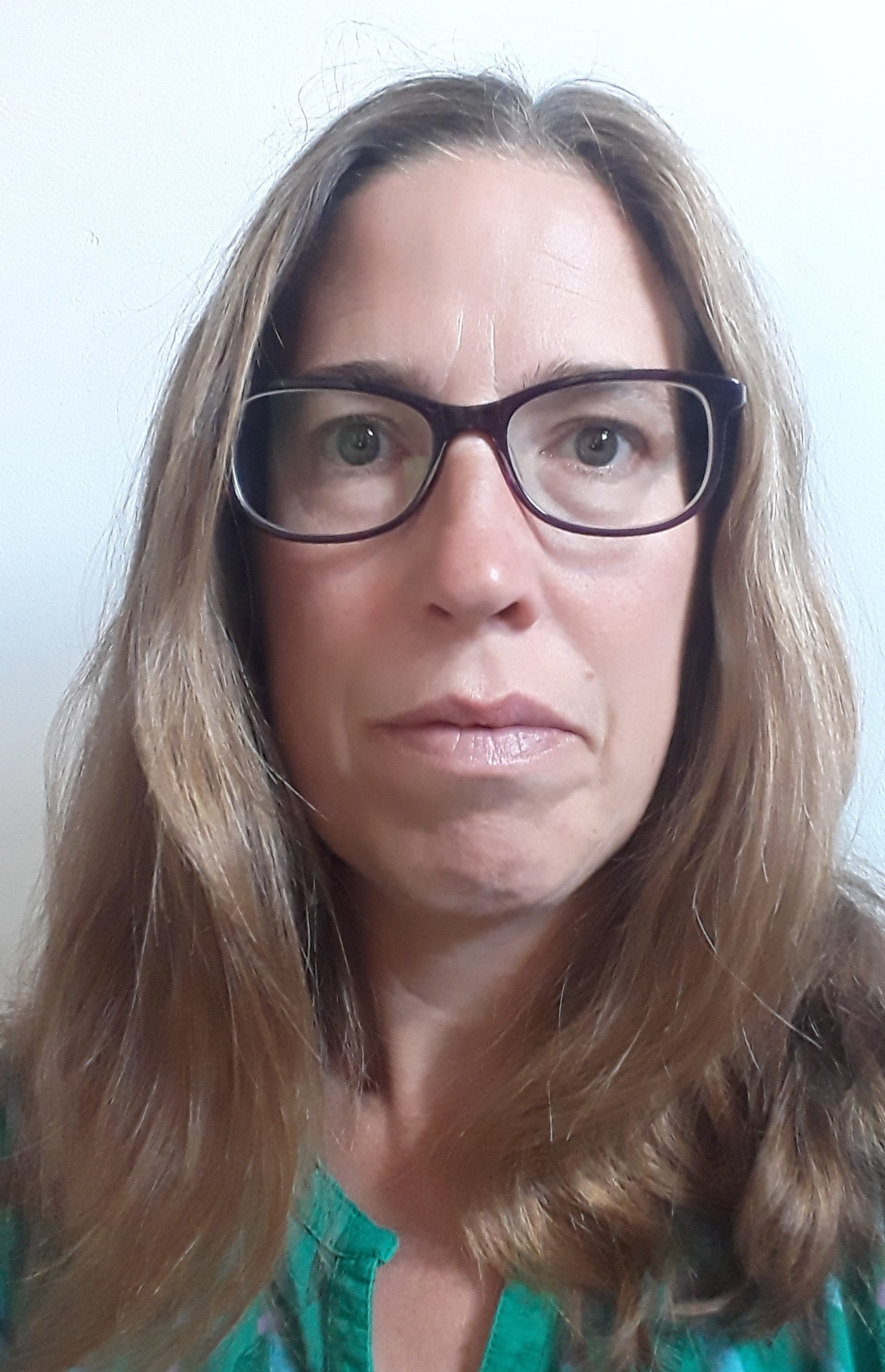Voicing Loss: Meanings and implications of participation by bereaved people in inquests
About Research questions & approach Project team Project updates Contact



'Voicing Loss: Meanings and implications of participation by bereaved people in inquests' is an interdisciplinary research project conducted by ICPR at Birkbeck, University of London in partnership with the Centre for Death and Society at the University of Bath. The project, funded by the Economic and Social Research Council (reference ES/V002732/1), began in May 2021 and is due to be completed by January 2024. (Please see this update on project progress as of September 2022.)
About
Coroners are independent judicial office holders appointed by the local authority. Over 40% of registered deaths in England and Wales are typically reported to the coroner, of which around 12-16% become the subject of a coroner's inquest. (Over 30,000 inquests were opened in 2020.) The purpose of the inquest - an inquisitorial hearing almost always held in public - is to determine who died and when, where and how the death occurred, in cases where the death was violent, unnatural, unexplained, or took place in custody or other form of state detention.
Close family of the deceased can attend the inquest as 'interested persons'. This gives them the right to question witnesses and to ask to see evidence in advance of the hearing. However, existing research evidence suggests that, in practice, bereaved people have an uncertain and ambiguous role and status in the inquest, and receive highly variable treatment. This is despite an explicit policy commitment to place bereaved families 'at the heart of' the coronial process – described as the ‘main aim’ of the coronial reforms encompassed by the Coroners and Justice Act 2009. In May 2021, in its report on an inquiry into the Coroner Service, the House of Commons Justice Committee noted that the service ‘has improved substantially since the Coroners and Justice Act 2009 was implemented in 2013 but bereaved people are not yet sufficiently at its heart’.
In light of the apparent gap between policy goals and practical realities, this project is investigating what it means - in theory and practice - for bereaved people to be 'at the heart of' inquest proceedings. We are interested in bereaved family members' understandings, expectations and experiences of inquests, and the legal and policy framework within which coroners' courts operate. We will consider the implications of our findings for policy and practice, and explore the scope for reform.
Research questions and approach
The research is focused on three main research questions:
-
How is the status and role of the bereaved at inquests defined in law and policy, and what are bereaved people’s own expectations and experiences of inquests?
To address this question, we are conducting a policy review and analysis, speaking to practitioners about the translation of policy into practice, and gathering personal accounts from bereaved people who have attended inquests in a wide range of circumstances. Methods to be used in gathering the personal accounts will include in-depth interviews, the elicitation of written narratives, and the conduct of Family Listening Days by the charity INQUEST.
-
To what extent, in what ways and circumstances, and for what purposes, should bereaved people be ‘at the heart’ of the coronial process and have an active role in inquest proceedings?
Answering this question will entail the identification and critical evaluation of contrasting rationales for the inclusion and involvement of bereaved people in inquests. These will include rationales that are articulated – whether explicitly or implicitly – in policy, legal and scholarly discourse about the nature and functions of the coroners’ service, and in the personal accounts gathered from bereaved people.
-
What policy and practice changes would support inclusion and involvement of bereaved people in inquests in ways that are viable, appropriate and attuned to their own expectations?
Drawing on our research findings and working in close collaboration with lay, policy and practitioner stakeholders, we will generate and disseminate recommendations for reform. We will, further, consider the applicability of the conclusions and recommendations to other legal proceedings which deal with contested deaths.
Project team

Principal Investigator and Director of ICPR

Co-Investigator, ICPR

Co-Investigator, ICPR

Research Fellow, ICPR

Co-Investigator, Centre for Death and Society

Researcher, Centre for Death and Society
Contact
If you have any questions, please contact Jessica Jacobson at j.jac%6fbs%6fn@bbk.ac.uk " rel="nofollow"> j.jacobson@bbk.ac.uk or Hannah Rumble at hr306@bath.ac.uk
